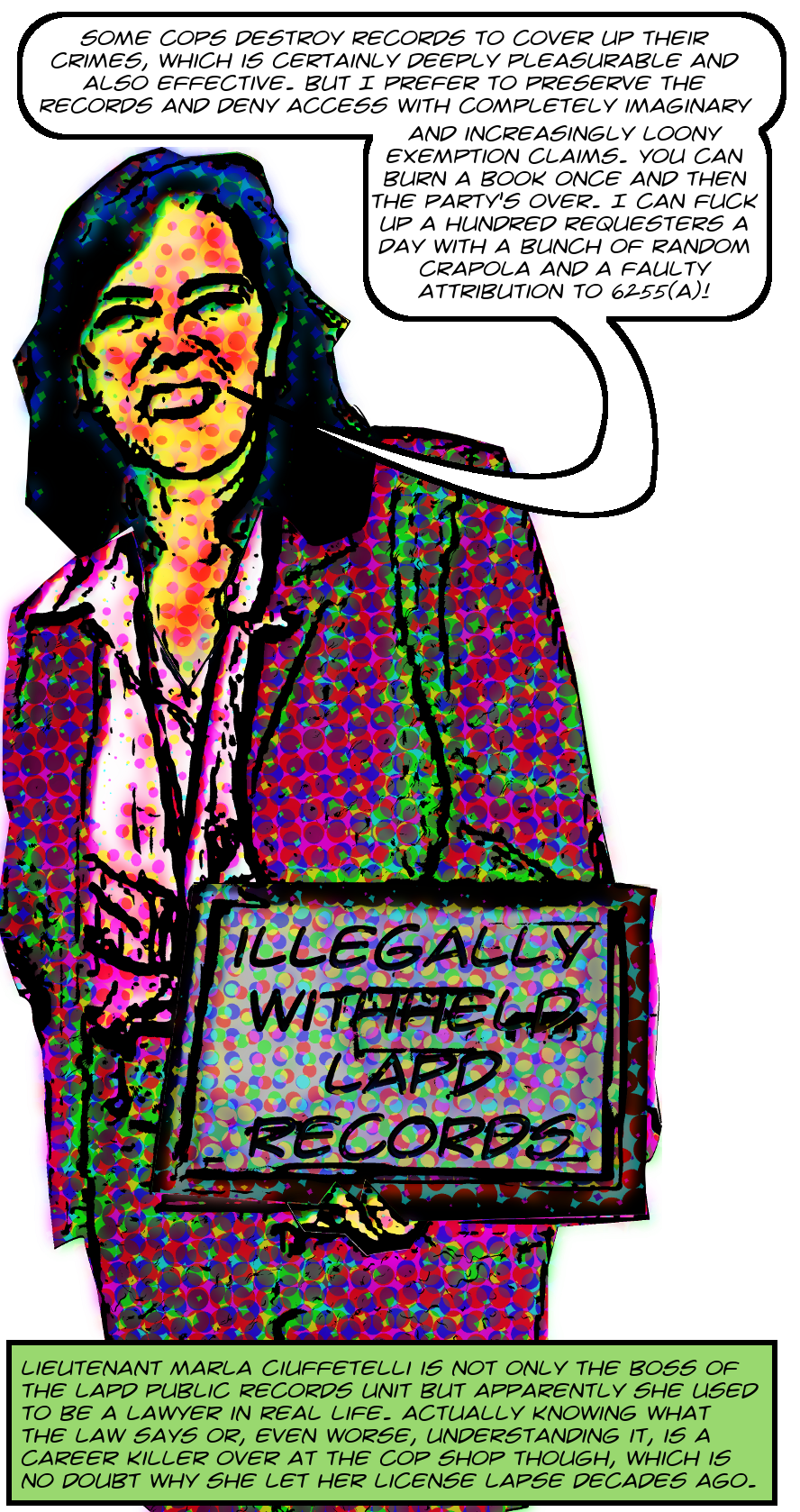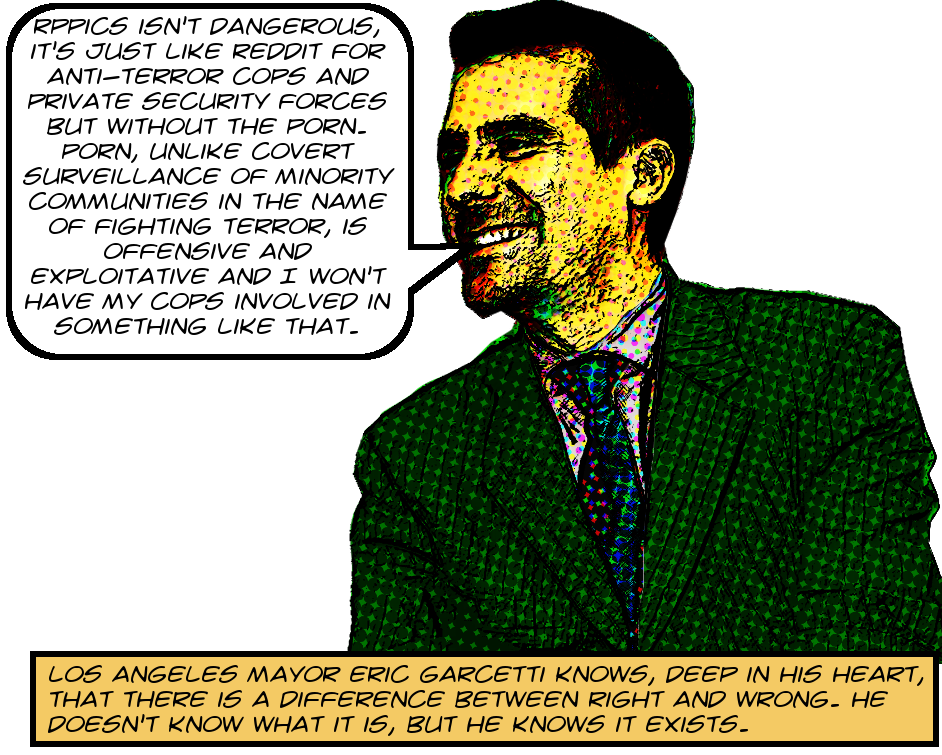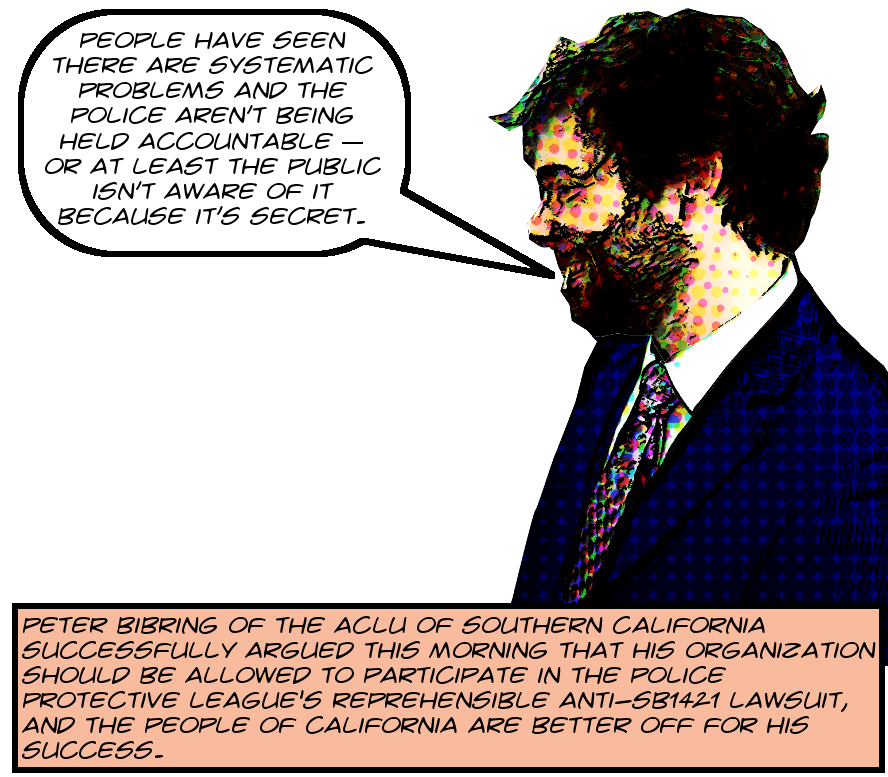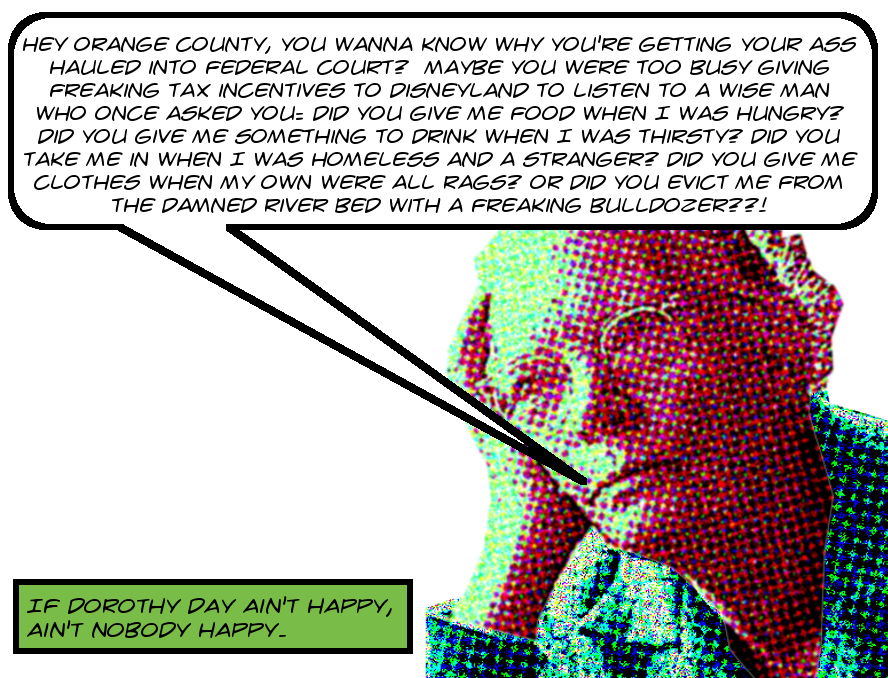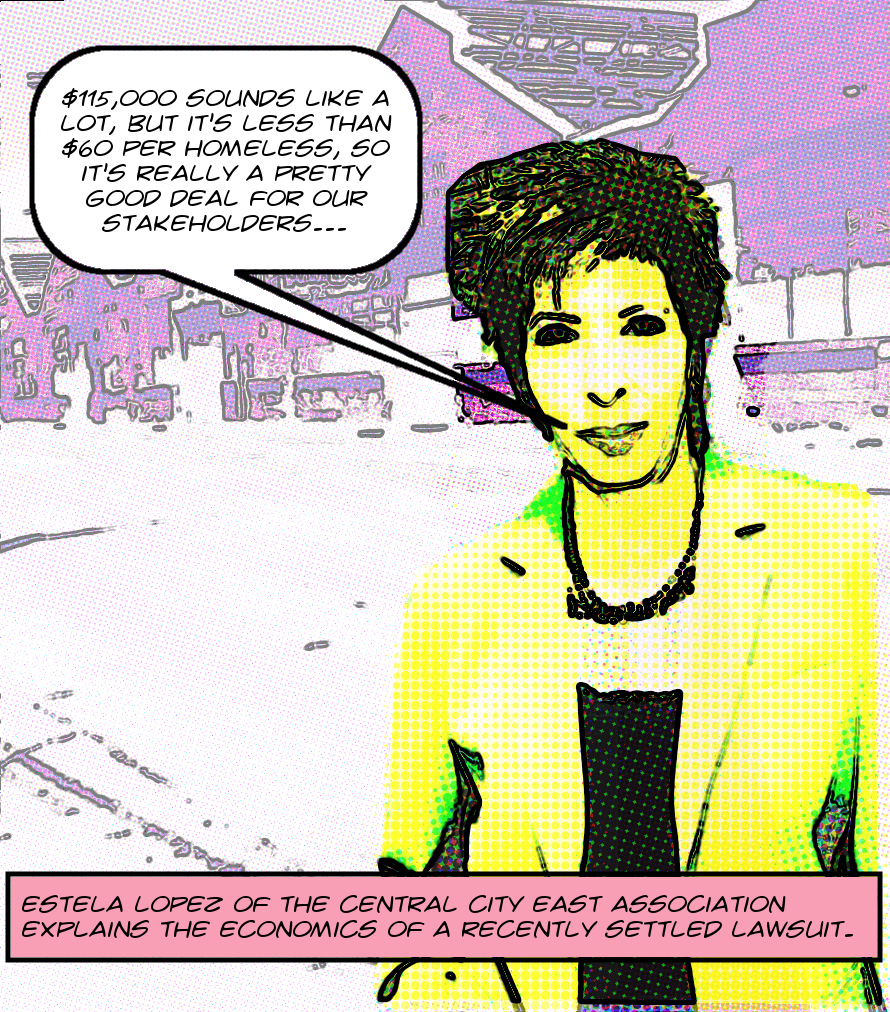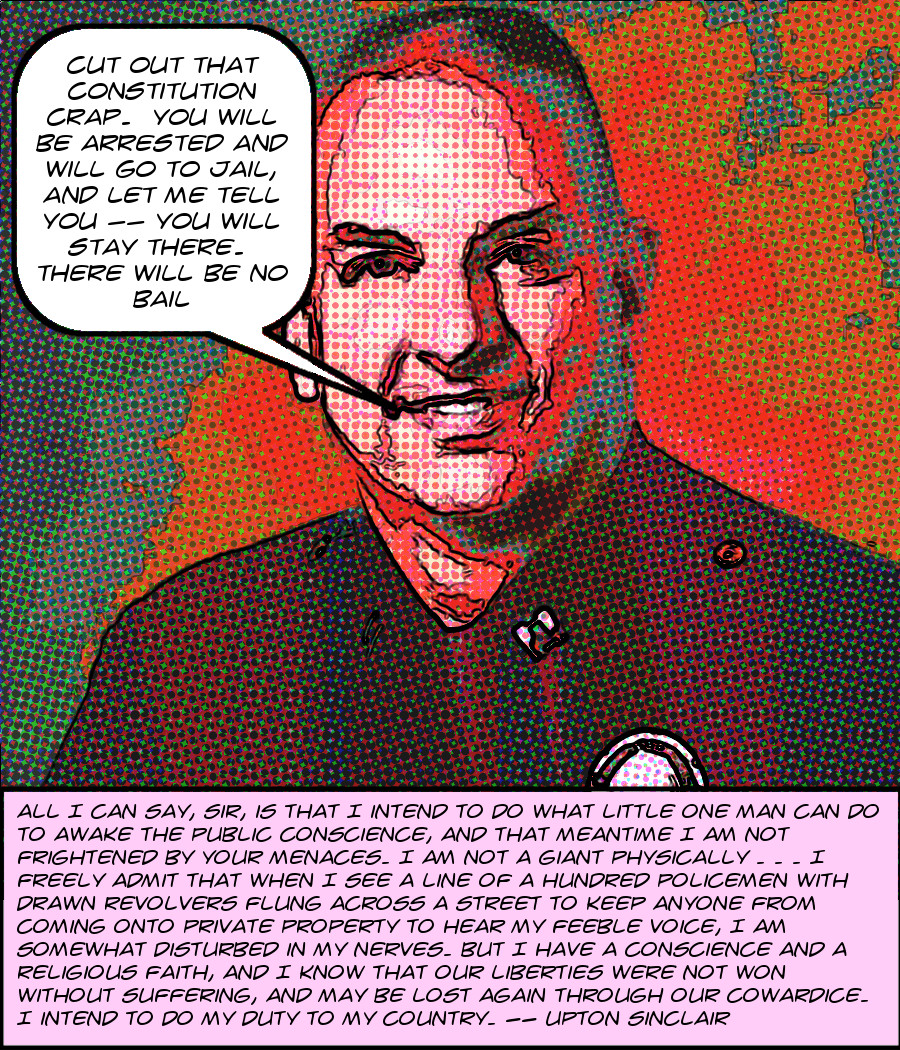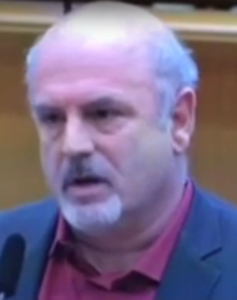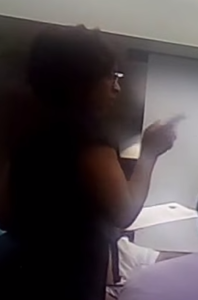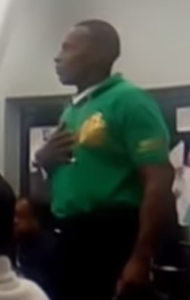NOTE: This post is about a complaint I filed today against a couple of LAPD CPRA staff and that’s a link straight to it if you want to skip the post.
In August 2019 I learned that LAPD used facial recognition technology to, among other random things, identify homeless people in Chinatown on behalf of outlaw Chinatown BID Boss George Yu. In September 2019 I asked LAPD for records relating to their use of facial recognition. They stalled and stalled and stalled until June 2020 when Kris Tu, a detective in charge of LAPD’s CPRA unit, told me that there were no responsive records.
Which, as was very recently revealed, was certainly not the whole truth. Furthermore, I recently obtained this email chain involving LAPD CPRA analyst Masoomeh Cheraghi. She responded in May 2020 to a February 2020 email announcing various LAPD facial recognition policies, announced that she was working on my request,1 and was told by LAPD staff that there was in fact a Detective Bureau Notice on the subject.
However, she failed to produce either the email or the Notice, although both are clearly responsive to my request. Not only that, but in June 2020 Kris Tu told me explicitly that there were no responsive records despite the fact that Cheraghi, his subordinate, provably knew of at least two of them and had at least one of them in her possession.
Continue reading We Now Know That The LAPD Lied To A Whole Series Of Public Records Requesters About Facial Recognition — They’ve Been Lying About It For Years — And They Lied About It To Me Too — I Recently Discovered Proof That LAPD Discovery Had Records Responsive To My Request In Their Actual Possession At The Time That LAPD Discovery Boss Kris Tu Told Me There Weren’t Any — And The LAPD Department Manual CPRA Section Requires LAPD To Comply — And States Explicitly That If They Willfully Withhold Records They May Be Subject To Punishment — Which Is Why Today I Filed A Complaint Against Tu — And Masoomeh Cheraghi — A Civilian Analyst Who Had One Of The Responsive Records In Her Possession When Tu Illegally Closed My Request — And You Can Read It Here!

